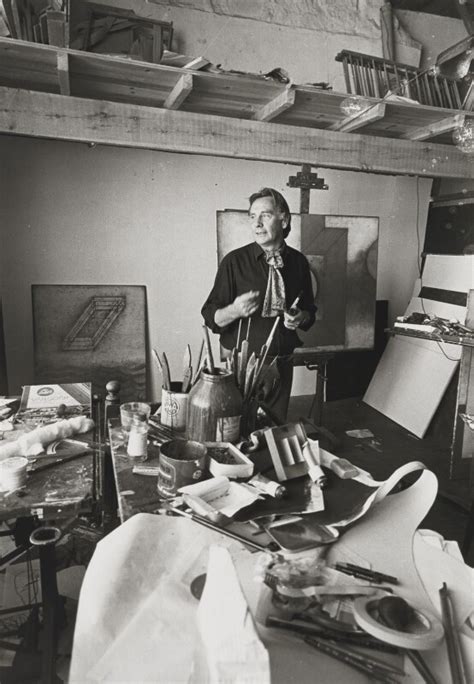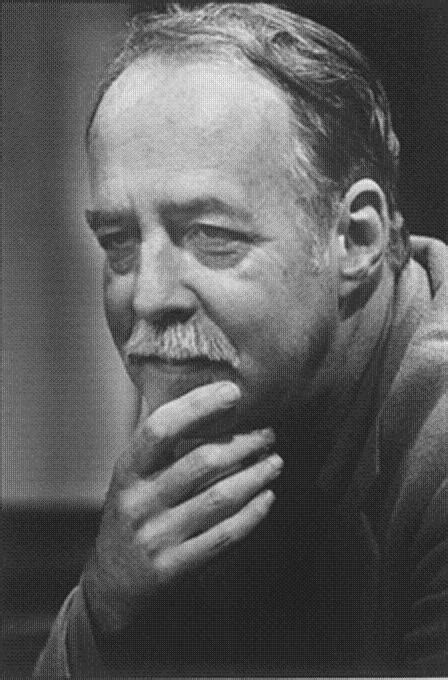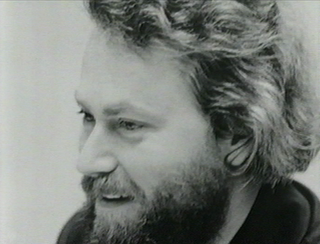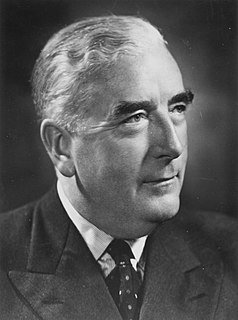A Quote by Oscar Wilde
Music is the art... which most completely realizes the artistic idea and is the condition to which all the other arts are constantly aspiring.
Related Quotes
So if the worth of the arts were measured by the matter with which they deal, this art-which some call astronomy, others astrology, and many of the ancients the consummation of mathematics-would be by far the most outstanding. This art which is as it were the head of all the liberal arts and the one most worthy of a free man leans upon nearly all the other branches of mathe matics. Arithmetic, geometry, optics, geodesy, mechanics, and whatever others, all offer themselves in its service.
A great deal of the joy of life consists in doing perfectly, or at least to the best of one's ability, everything which one attempts to do. There is a sense of satisfaction, a pride in surveying such a work, a work which is rounded, full, exact, complete in all its parts-which the superficial man, who leaves his work in a slovenly, slipshod, half-finished condition can never know. It is this conscientious completeness which turns work into art. The smallest thing, well done, becomes artistic.
Highly graduate taxation realizes most completely the supreme danger of democracy, creating a state of things in which one class imposes on another burdens which it is not asked to share, and impels the State into vast schemes of extravagance, under the belief that the whole costs will be thrown upon others.
The human condition comprehends more than the condition under which life has been given to man. Men are conditioned beings because everything they come in contact with turns immediately into a condition of their existence. The world in which the vita activa spends itself consists of things produced by human activities; but the things that owe their existence exclusively to men nevertheless constantly condition their human makers.
Dancing and building are the two primary and essential arts. The art of dancing stands at the source of all the arts that expressthemselves first in the human person. The art of building, or architecture, is the beginning of all the arts that lie outside the person; and in the end they unite. Music, acting, poetry proceed in the one mighty stream; sculpture, painting, all the arts of design, in the other. There is no primary art outside these two arts, for their origin is far earlier than man himself; and dancing came first.
Photography is unlike any other art form. In the other arts there is always a continuous interplay between the artist and his art. He has the painting or sculpture before him. What we have tried to do is to provide a medium for "artistic expression" to anyone with only a reasonable amount of time. By giving him a camera system with which he need only control his selection of focus, composition and lighting, we free him to select the moment and to criticize immediately what he has done. We enable him to see what else he wants to do on the basis of what he has just learned.
The art and architecture of the past that we know is that which remains. The best is that which remains where it was painted, placed or built. Most of the art of the past that could be moved was taken by conquerors. Almost all recent art is conquered as soon as it's made, since it's first shown for sale and once sold is exhibited as foreign in the alien museums. The public has no idea of art other than that it is something portable that can be bought. There is no constructive effort; there is no cooperative effort. This situation is primitive in relation to a few earlier and better times.
Experiment is necessary in establishing an academy, but certain principles must apply to this business of art as to any other business which affects the artistic tic sense of the community. Great art speaks a language which every intelligent person can understand. The people who call themselves modernists today speak a different language.
A text makes the word more specific. It really kind of defines it within the context in which it is being used. If it is just taken out of a context and presented as a sort of object, which is what - you know, which is a contemporary art idea, you know. It is like an old surrealist idea or an old cubist idea to take something out of context and put it in a completely different context. And it sort of gives it a different meaning and creates another world, another kind of world in which we enter.






































